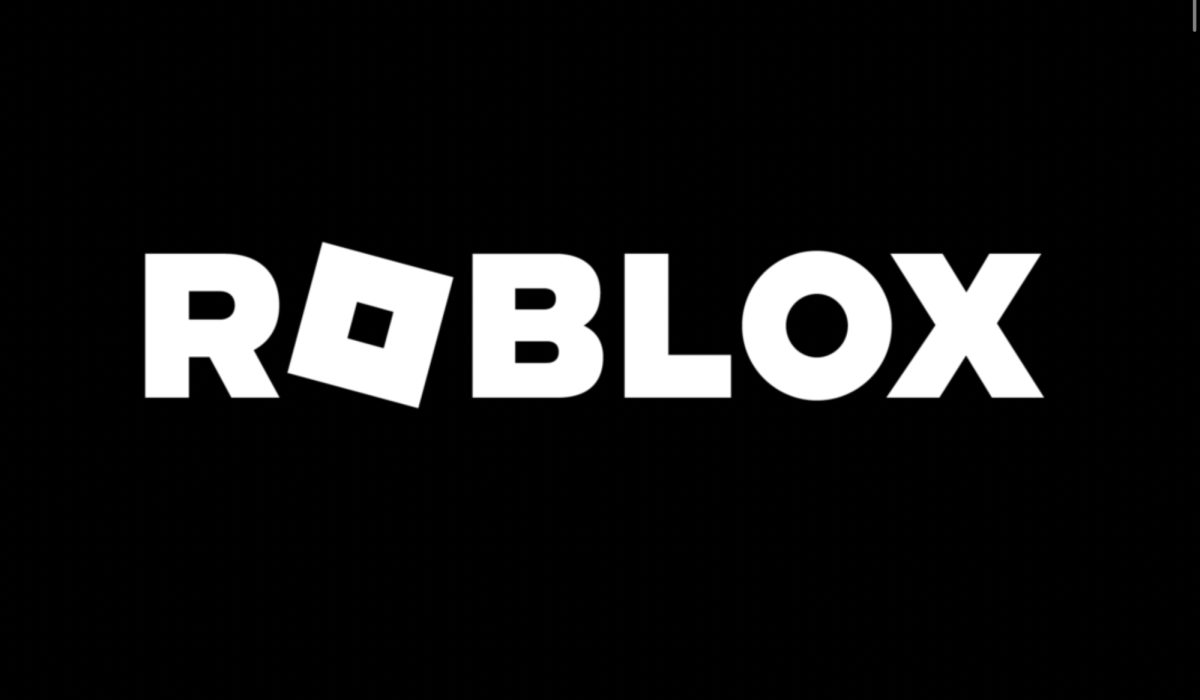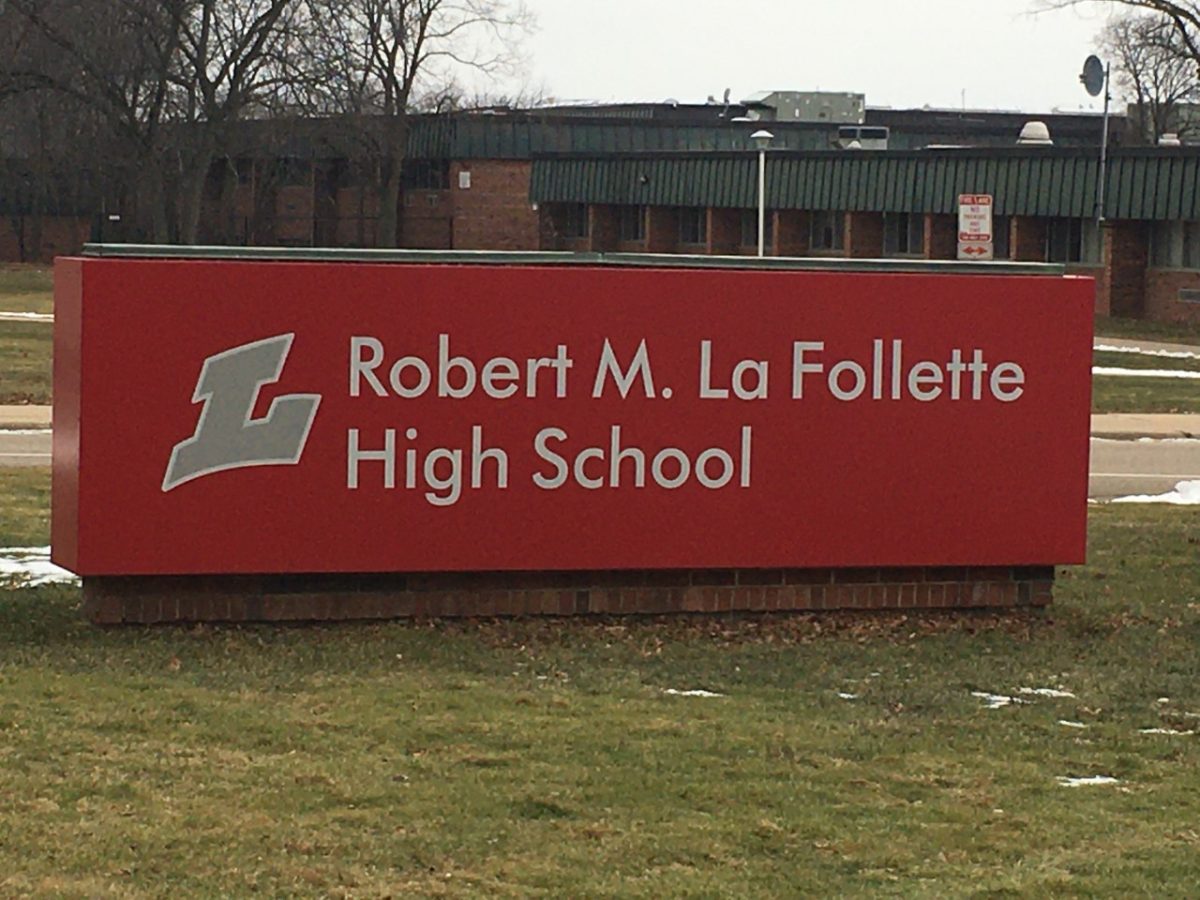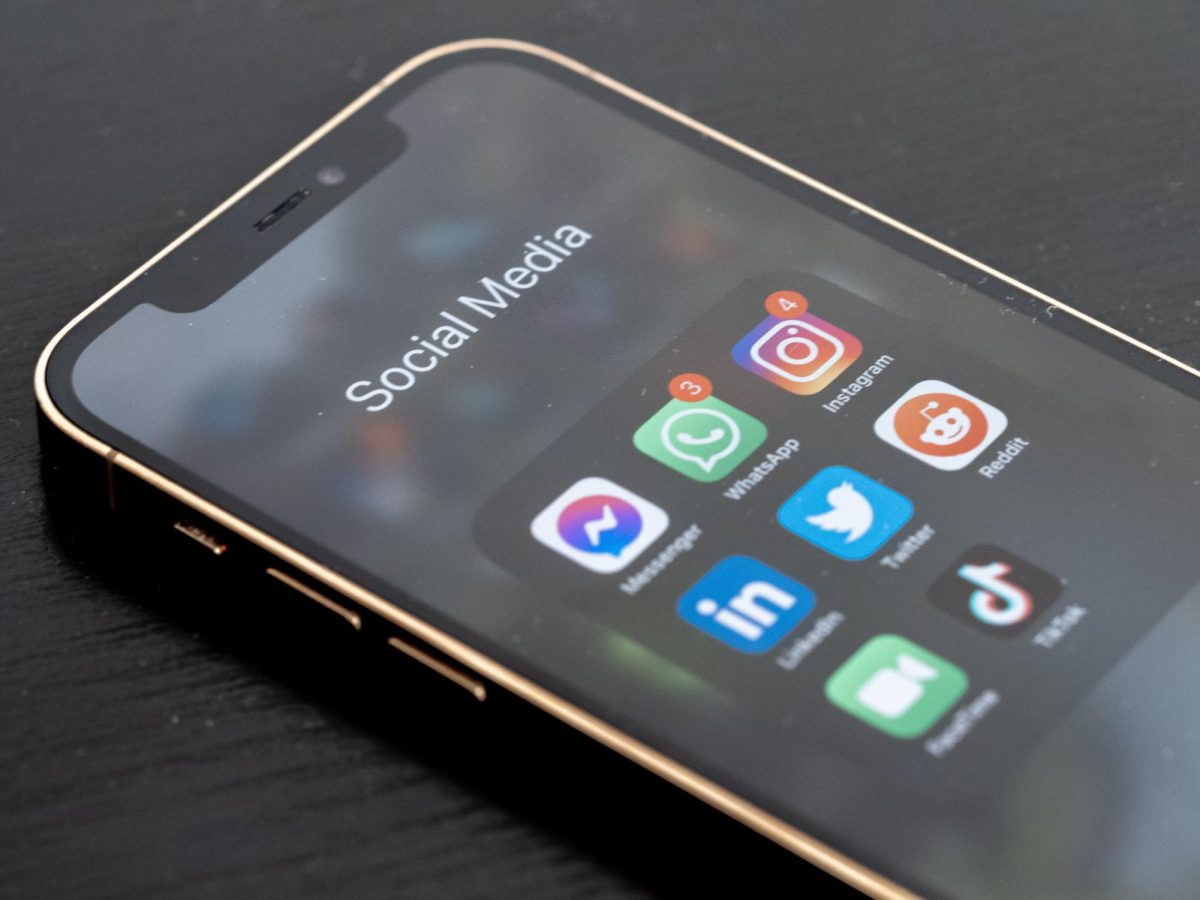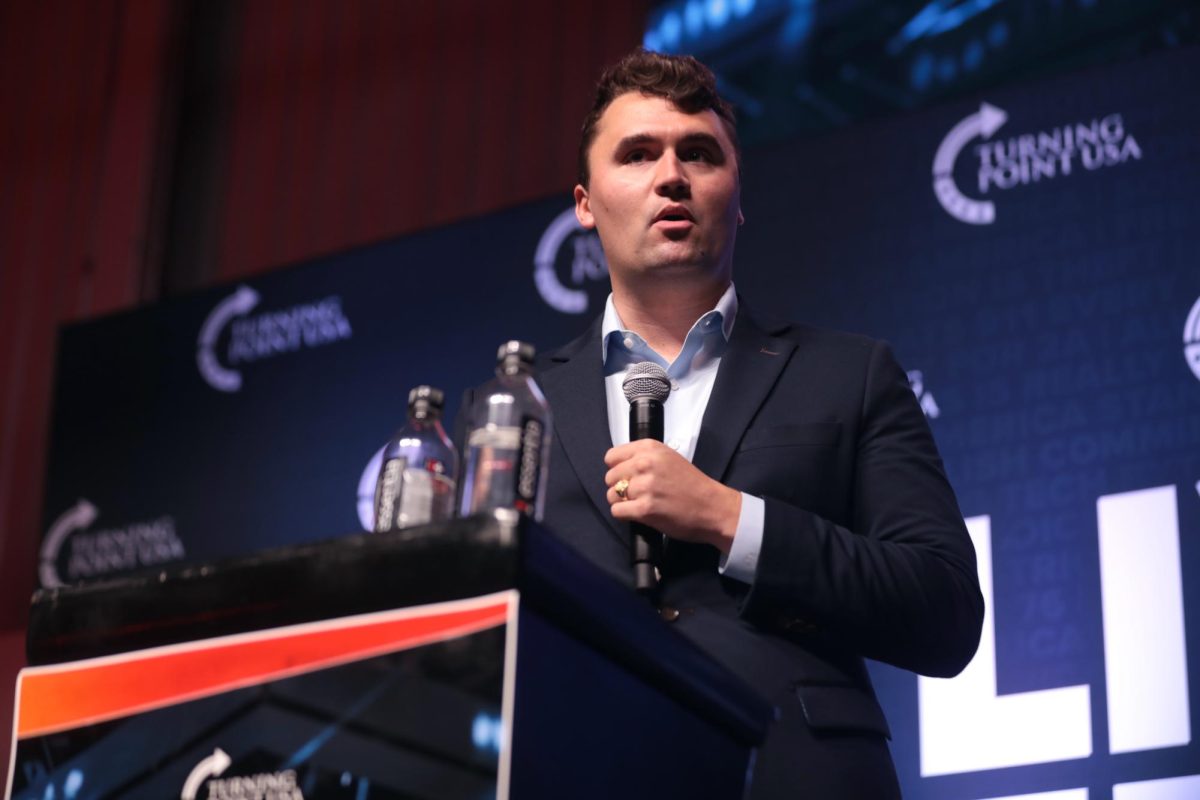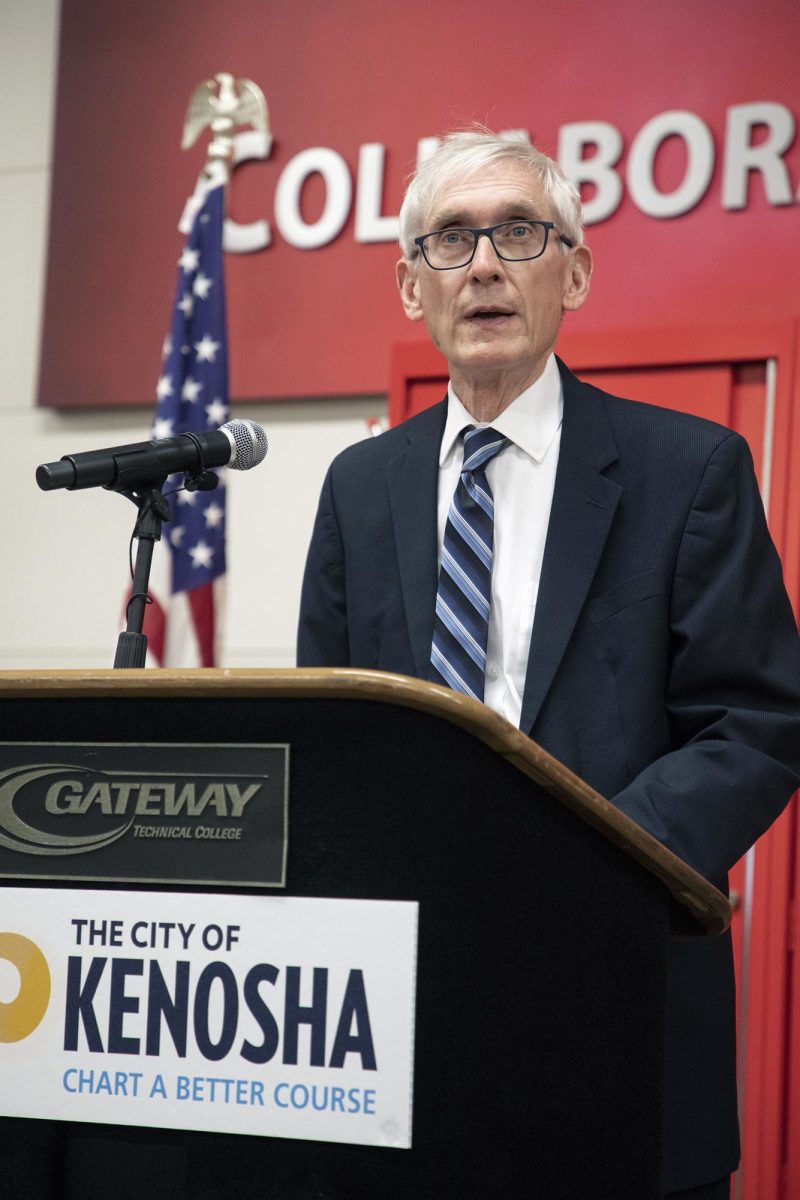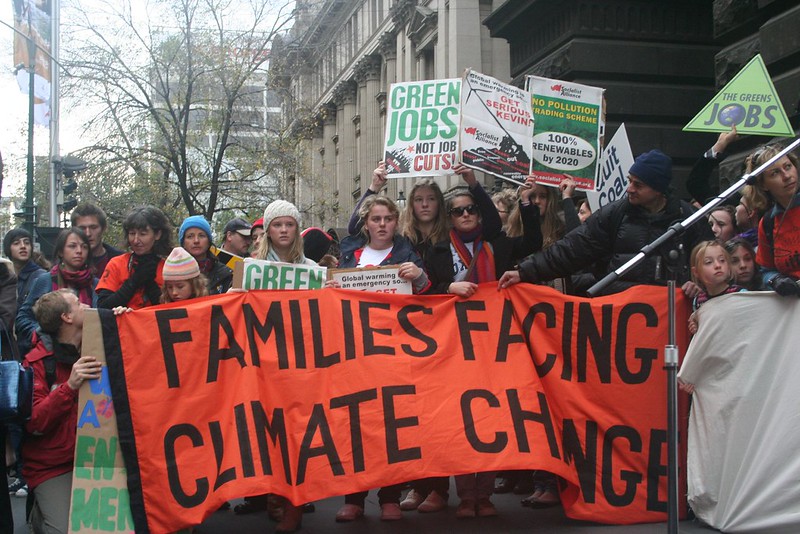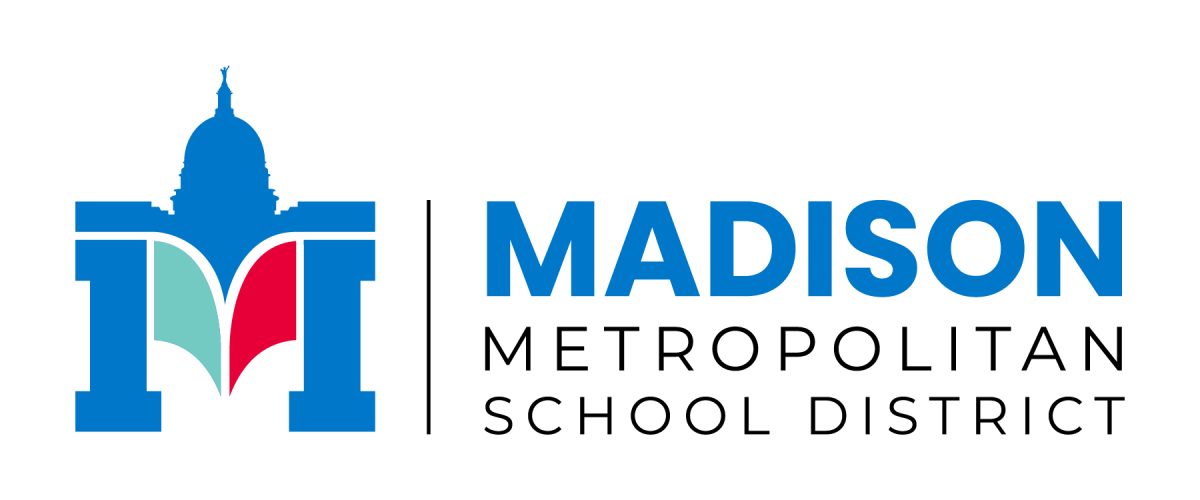Microsoft, Amazon, and Google recently struck deals to buy or build nuclear power plants in the US. This is driven by one need: the need for power—specifically energy for AI. AI has taken over these companies and forced them to reevaluate their goals for the future. They all have made promises to be emissions-free by 2030, but that was before the advent of AI and what it promises. The main problem is that operating a data center with AI chips costs 100 kilowatts of power per rack. This is a massive step up from the usual 10–15 kilowatts per rack and threatens to overwhelm data centers. One solution increasingly tossed around is nuclear energy. Since it has no greenhouse gas emissions, companies and the US government have started back down that road.
The comeback of nuclear power started with Microsoft commissioning another company to reopen the Three Mile Island plant in Pennsylvania. Google and Amazon have also invested in experimental new reactors that are smaller and more cost-efficient. These big tech companies used to invest heavily in solar and wind to meet carbon-free goals, but now, with the need for more power, nuclear energy is looking like the only option. The US government has also tried to get these projects off the ground by commissioning some and offering tax credits to the companies building them.
The new wave of nuclear energy could help reinvigorate interest in it across America. Currently, the US operates 94 plants, the most in the world, but only two have been built in the past 50 years, and hundreds have tried and failed. Many US plants never make it due to the expense and the complexity of building, operating, and storing nuclear waste safely. The tech industry believes they can turn this around, though. They know that nuclear energy is the future and think that by building them en masse, they can streamline the process and establish efficient supply chains. This all ties back to the data centers, which makes building these plants even more complicated, but the tech industry believes it can be at the forefront of this discovery.
Microsoft recently agreed to buy power from Helion Energy, a Seattle-area startup building the world’s first fusion reactor by 2028. This could bring big changes to the power Americans have access to and, hopefully, lead us off fossil fuels.














